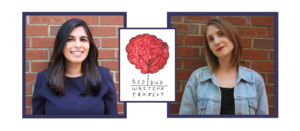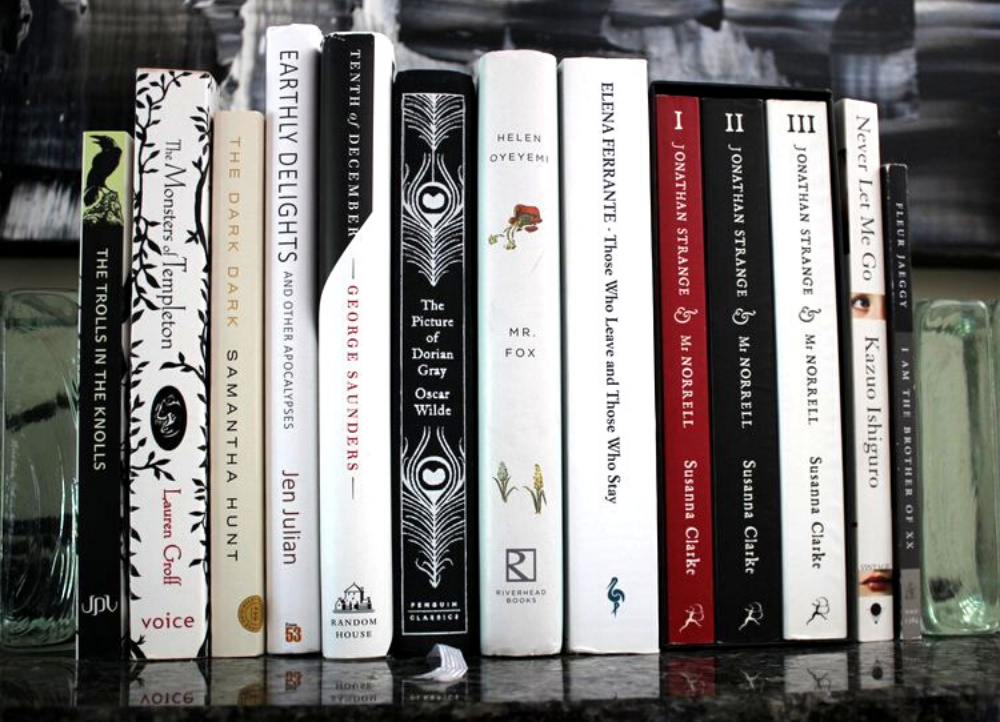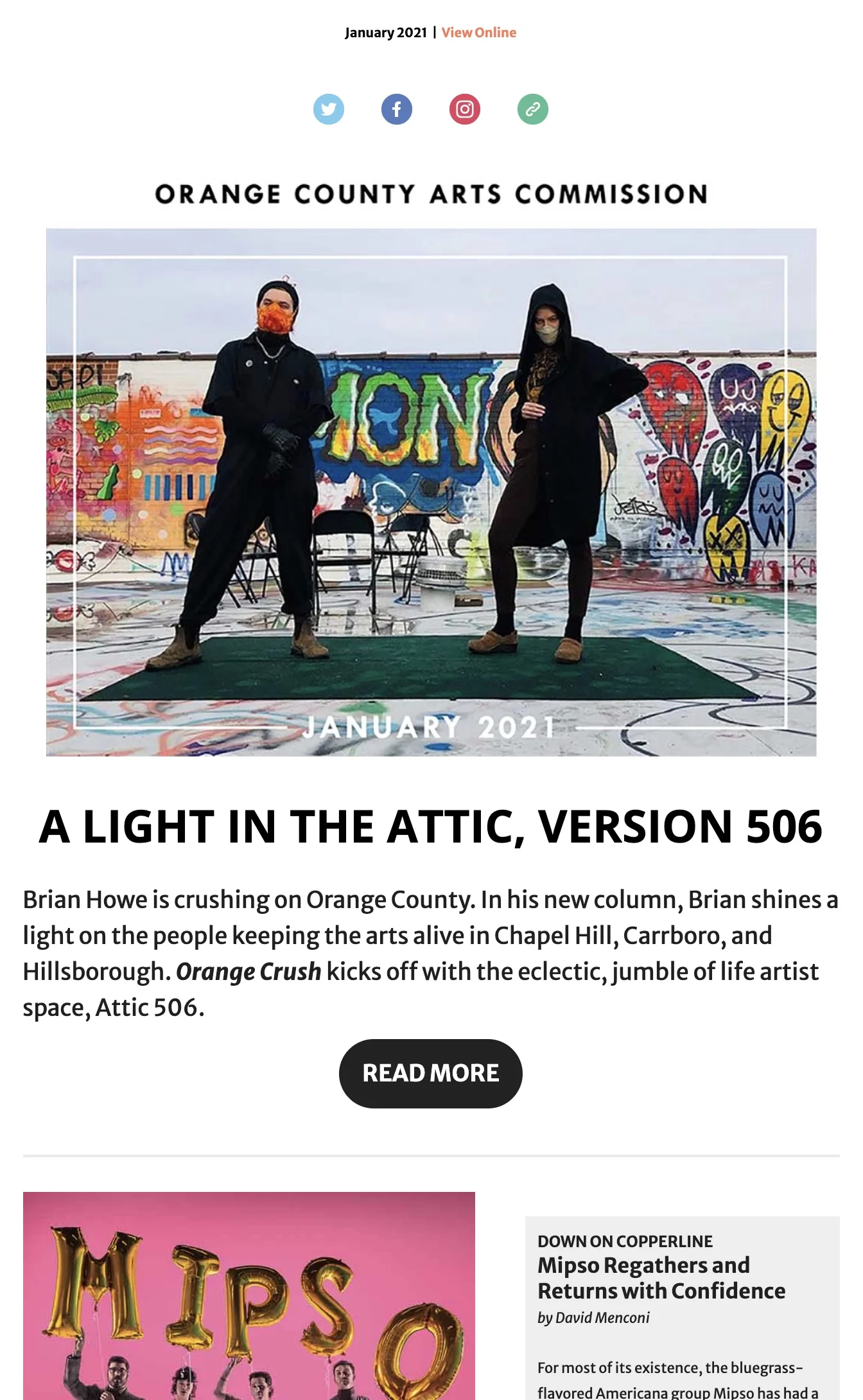
July. July! Surely it is still late March and spring only blooming. Surely it is already late next year. I am thinking this morning about the importance of feeling control over our narratives and our experiences of time, of how life during a pandemic and quarantine can feel bereft of both of these guiding structures. We are creatures of narrative, constantly seeking through lines for our actions and senses of character. We are eager to maintain the momentum of these crafted stories, and we are accustomed to structuring our self-stories and marking time through physical events—attending parties, concerts, meetings, weddings. Narrative and feelings of passing time love end-posts on which to drape, such that we have arcs and curves and lulls and sprints and variety. It makes sense to me, then, that here in July after months of time which has been simultaneously immensely urgent and immensely doldrumed, many of us feel restless and adrift. Our narratives are caught in straight arrow lines, and we yearn for arcs. We are thus having to relearn how to mark our time.
Might we then find narrative control and structure in art as a way to buoy ourselves through. Nowhere has the art of designing and crafting narrative been more thoroughly discussed, honed, and explored than within the world of creative writing. Creative writing during this time can offer us a beautiful way to safely add narrative dynamics and control to our lives within a time of pandemic and quarantine. We can gather and regroup in fiction so that we may more strongly face reality. We can play and experiment with plot and narrative arc through writing creatively.
And here is a way to explore creative writing for those old and new to the joy—meet the Redbud Writing Project, the Research Triangle’s adult education writing school. The project offers six-week writing workshops in the novel, memoir, poetry, fairy tale, sci-fi, meditative writing, and more. Redbud is helmed by Arshia Simkin and Emily Cataneo, two talented and thoughtful fiction writers who earned their Masters in Fine Arts—the terminal degree for writers—from the nationally renowned MFA program at North Carolina State University. Their expertise allows Redbud to bring cultivated writing community and creative rigor to spaces outside of the MFA-infrastructure. Hillsborough, Chapel Hill, and Carrboro are filled to the brim with talented writers, and Redbud helps to bring these communities together and provide structure for writing community space. Redbud recently celebrated its one-year anniversary, and it’s a delight to see that what began as a two-woman project has flourished into a program with eight instructors and counting. Many of Redbud’s workshop participants are returning students, a sure testament to Redbud’s ability to grow healthy community.
Before founding Redbud, Emily worked as a journalist for the Boston Globe, and Arshia as a lawyer for survivors of domestic violence and sexual assault. These are both careers which center on lifting up others, an imperative skill for the leaders of a writing community. Additionally, these are both careers which require strong analytical writing abilities. “Perhaps that’s why we’re so focused on craft in our workshops,” posits Arshia. Redbud’s courses center on concrete changes you can make to your writing, a focus on detail versus on philosophy of writing. While I adore a good writing philosophy discussion, and not to suggest these don’t occur in Redbud courses, Emily and Arshia’s focus on craft may be particularly well suited to teaching writing during the pandemic. To return to the idea of gathering personal narrative control and structure through writing, Arshia and Emily’s craft-focus centers writing as malleable and controllable—these are actions you can take that will create change. With so much uncertainty currently swarming our lives, this approach to writing can help us feel a little more in control over our stories.
Outside of quarantine-times, Redbud and its writers gather for workshop and community at local literary landmarks like Epilogue, Quail Ridge, and Golden Fig. By holding class at bookstores, Emily and Arshia can excitedly turn from the workshop table to the bookshelves, pointing their students to further reading and formative texts. During the pandemic, these in-person gatherings have had to be put on hold for the sake of community safety, and Redbud has turned to online classes through Zoom. While Arshia and Emily miss holding in-person classes, they have found the online Redbud classes to be tremendously important during this time, a welcome sense of community and way for voices to be heard and seen in a time when we need togetherness more than ever.
“I feel incredibly privileged to be trusted with somebody’s story because writing is an incredibly personal thing and even in fiction, we put so much of ourselves into our work—our interests, observations, the emotions we’ve experienced, and the life experiences we’ve had (as transmuted as they may be)—and to be trusted to help guide that story is such an honor. And in this time in particular, when people are worried about so many things—their health, the economy, racial injustice, and the future of our country—and perhaps feeling especially vulnerable, it feels especially meaningful to be able to help people tell their stories,” explains Arshia. “In this time in particular, when people are worried about so many things—their health, the economy, racial injustice, and the future of our country—and perhaps feeling especially vulnerable, it feels especially meaningful to be able to help people tell their stories.”
Similarly, Emily hopes that Redbud can offer a form of respite and rest from the external, chaotic world through writing. “the news cycle is so fast now, with so many constant, usually scary and negative updates. Of course I think that following the news is important, but it’s also essential to have slower, more meditative activities that allow us to take a step back and delve into big questions, to express ourselves, and just generally take some time to disengage from the terrifying barrage of modern life,” says Emily. “ I’ll add that I believe writing can and should also be a way to engage with what scares us, and to engage with politics, current events, and so forth, but the medium of creative writing, and the act of taking a class and having that quiet, fruitful space, is so different from the way we usually engage with information that I view it as a respite.”
Redbud just began their summer course series, and their fall season will begin August 20th and run for six weeks. Classes will include “The Novella,” an “Advanced Fiction Workshop,” “Fairytale and Fiction,” and “Historical Fiction.” Signup is open through August 20th.
Learn more about the Redbud Writing Project, Arshia, and Emily at redbudwriting.org.

